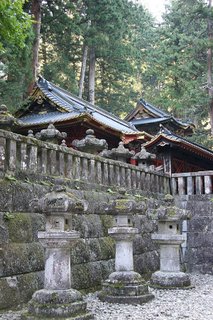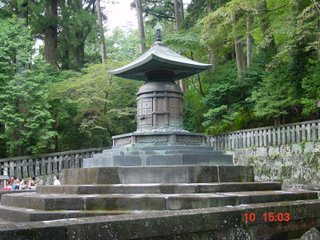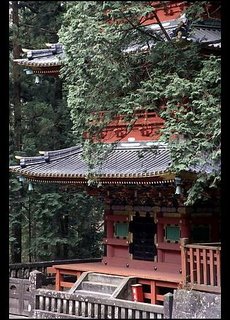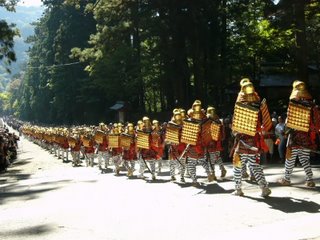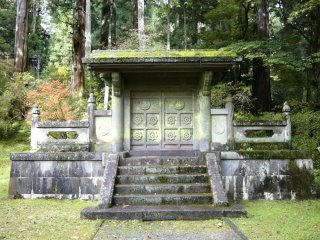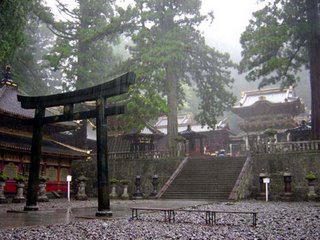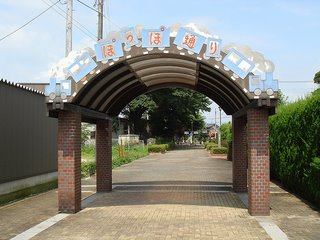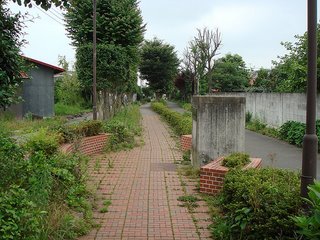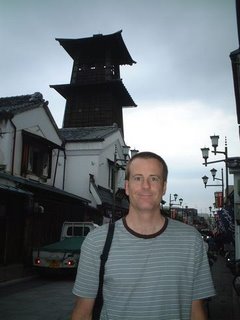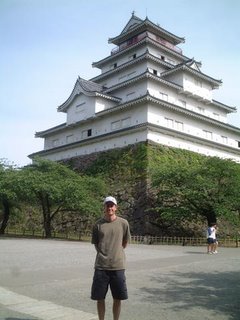Here is some information about Otawara (Source: Wikipedia 8/22/2006)
Ōtawara (大田原市; -shi) is a
city located in
Tochigi Prefecture,
Japan which is in the northern part of the
Kanto region north of
Tokyo. Otawara is northeast of
Utsunomiya which is the capital of Tochigi Prefecture.
Sometimes spelled Ootawara or Ohtawara. As of April 1, 2005, the city has an estimated
population of 78,698. Otawara has an average temperature of 1.2 degrees Celsius in January up to 23.1 degrees Celsius in August. Otawara averages approximately 1,460 millimeters of precipitation per year with the wettest months being June through September. About 50% of Otawara is covered by rice fields with about 12% being mountains and forests. The official flower of Otawara is the
chrysanthemum. Otawara is accessed by the
Tohoku Expressway or
Nasushiobara Shinkansen Station of the
Tohoku Shinkansen line on the westside of the city.
The city was founded on December 1, 1954. Otawara Castle was built in the year
1545 and it prospered during the
Edo Period (1603-1867) as Otawara Castle Town. Otawara Prefecture was born in 1871 and afterwards it was integrated into Tochigi Prefecture. The town was known as Ota Haramachi in 1889. In December of 1954, Ota Haramachi and Kin Tamura combined into Otawara City. Later, Nozaki Village and part of Nishi Nasuno Town merged with the City in November 1955. In 2005, Otawara merged with Yuzugami City and Kurobane Town to form the present day Otawara City.
The largest sporting event the city hosts is the Otawara Marathon which is held annually on November 23rd. There are ten golf courses in the Otawara area. They include both public courses and private country clubs such the New St. Andrews Golf Club which is a Jack Nicklaus design course.
The city also is home to corporations such as Toshiba Medical Systems Corporation which sells medical equipment worldwide including CT Scans and other medical imaging equipment and Mochida Pharmaceutical Co. Ltd. which specializes in the sales of pharmaceuticals, medical equipment and skincare products. Tochigi Nikon Corporation is also located in Otawara. Tochigi Nikon Corporation is a member of the Nikon Group and specializes in the development, design and manufacture of optical products and electronic imaging equipment; design and manufacture of semiconductor manufacturing equipment and optical lenses.
The International University of Health and Welfare is located in Otawara. The university was established in 1995, with the aim of training experts in the field of health and welfare.

